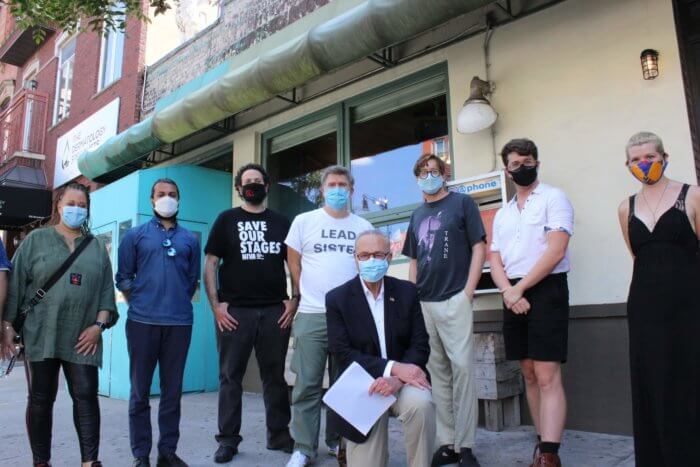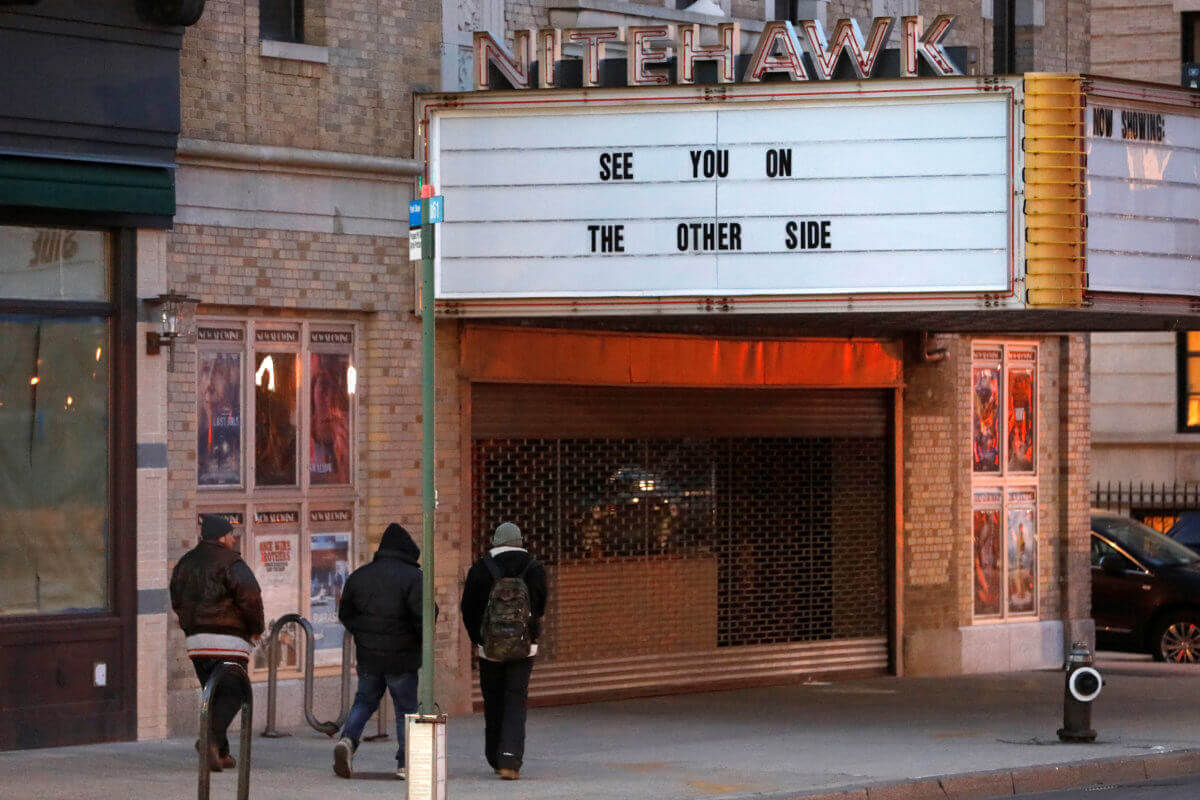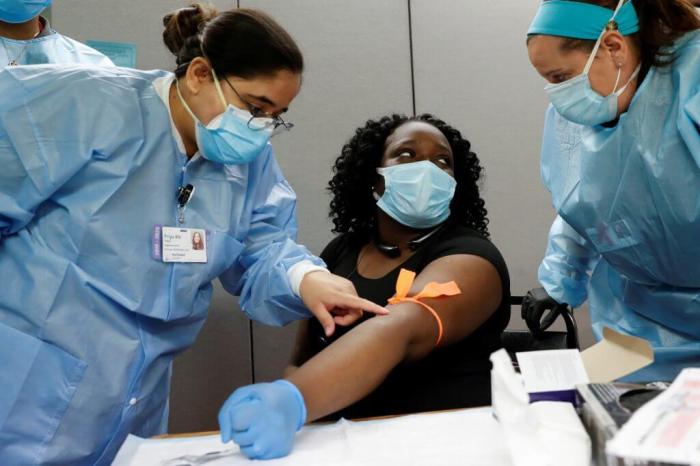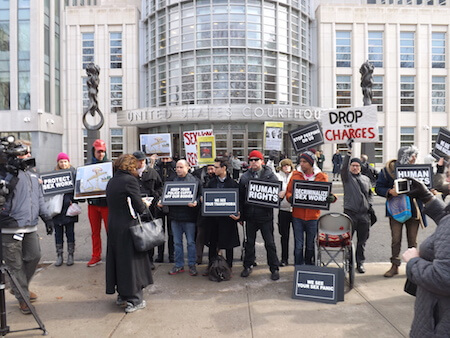After shutting their doors nearly 10 months ago, the owners of Brooklyn performance venues hope the recently passed ‘Save Our Stages Act’ included in the federal stimulus package will provide them with the funds they need to reopen in the post-vaccine future.
The bill, introduced in the Senate by Minnesota Democrat Amy Klobouchar and Texas Republican John Cornyn, provides $10 billion in crucial funding for independent music venues, cinemas, and theaters — some of the industries hardest hit by the pandemic across the country as they’ve had fewer opportunities to stay open. Qualifying businesses can receive a grant equal to 45 percent of their gross revenue for 2019, with a cap at $10 million.
“This grant funding will ensure recipients can stay afloat until reopening by helping with expenses like payroll and benefits, rent and mortgage, utilities, insurance, PPE, and other ordinary and necessary business expenses,” the National Independent Venue Association said in a statement.
Brooklyn venues hope the funds will help keep them afloat until they are able to reopen and help them with whatever additional costs they will encounter when that time comes.
“It’s a life vest for sure,” said Scott Koshnoodi, co-owner of the Gowanus venue Littlefield. “It buoys us until we know a little bit more about when we can open.”

With vaccination efforts operating at a snail’s pace, it remains unclear when New York City venues will be able to reopen, and what capacity they will be able to operate at once they do. Koshnoodi predicts a transitional period when audiences will be allowed in small groups, but it remains to be seen whether the public will be willing to return to enclosed spaces before herd immunity is reached.
“There’s that next phase of ‘okay, we can open’ but the duality of when we can be 100 percent, and when does the public have 100 percent confidence in coming out again,” he said. “That’s the next step.”
Littlefield has stayed open so far thanks in part to Paycheck Protection Program funds from early in the pandemic, and to Parklife, a large outdoor space around the corner from the venue where they have been able to serve food and drinks, and briefly host performances before New York State banned ticketed events — even outdoors.
The Save Our Stages Act sets aside $2 billion for venues with 50 or fewer employees, a potential lifeline for off-off-Broadway theaters like The Gallery Players, a long-running local playhouse on 14th Street in Park Slope.
Since going dark in March, the volunteer-run theater has shifted to online programming and expanded their summer theatre workshop into a year-round offering. Gallery Players director of development Rhiannon McClintock hopes the theater can secure a grant, but worries the high demand for funds will leave some small organizations in the dust.
“Even though there is priority for those who are hardest hit, there is some concern that there won’t be enough funding to meet the needs of all of the small and independent venues in the city because the entire industry is affected, and this funding will be the only way for some organizations to survive,” said McClintock.
Her group has also leaned into fundraising efforts during its closure, relying on sustaining members who have stepped up, but McClintock says it is essential that small venues like Gallery Players are not left out of the larger conversation.
“Theaters like ours need this additional emergency funding,” she said. “The future of live performance in the city depends on it.”
This story originally appeared in Gay City News’ sister publication brooklynpaper.com. To sign up for the Gay City News email newsletter, visit gaycitynews.com/newsletter.




































